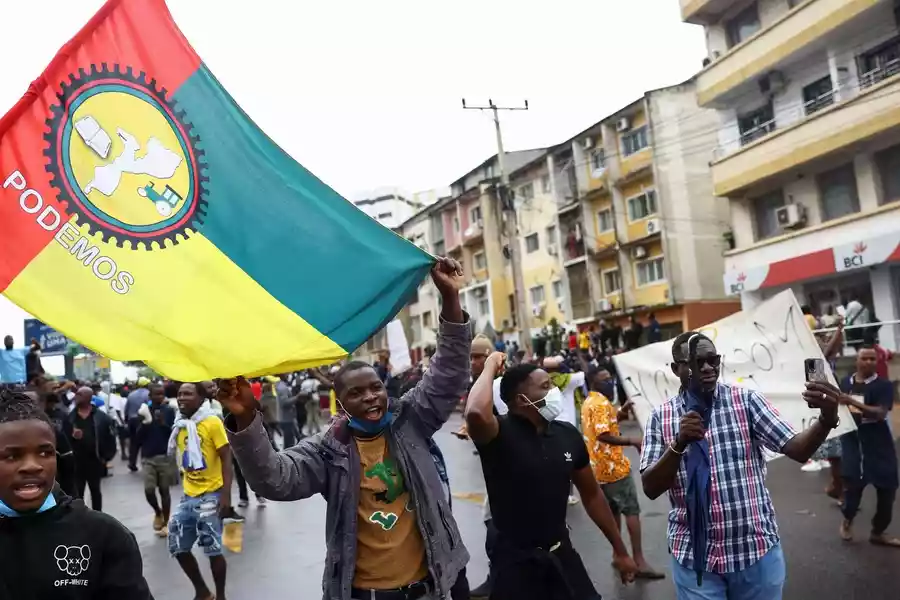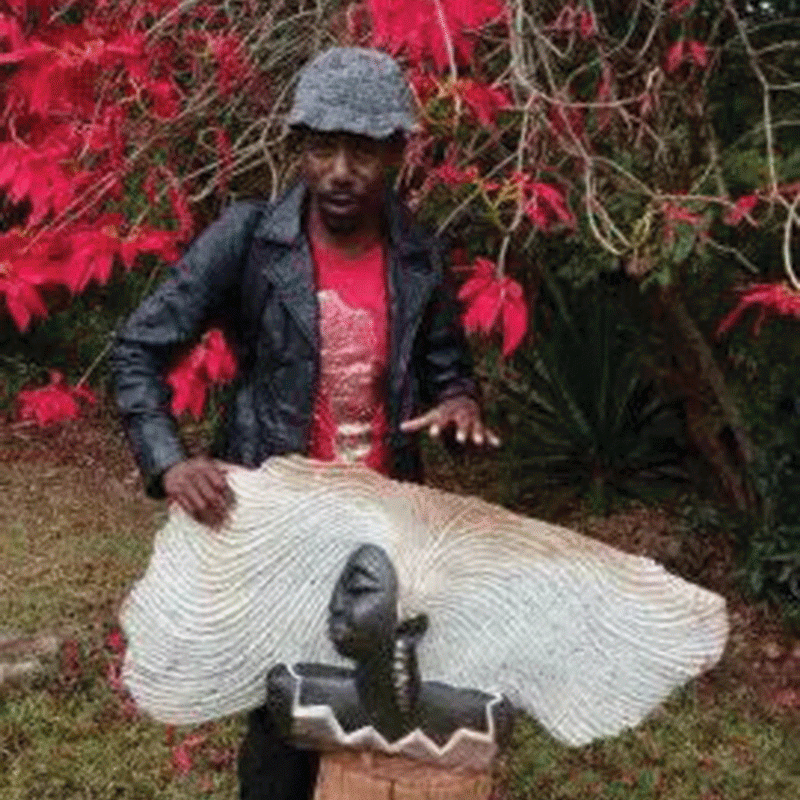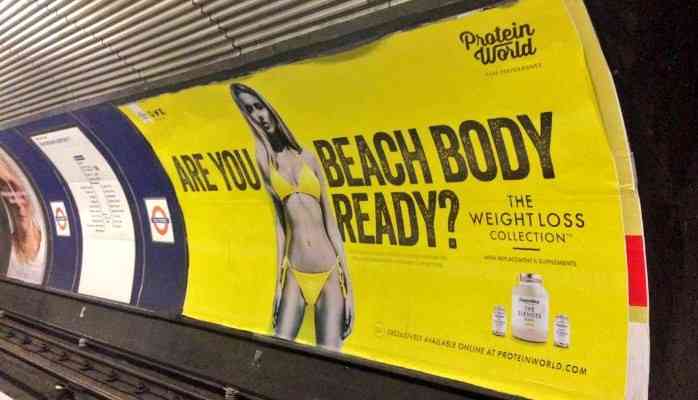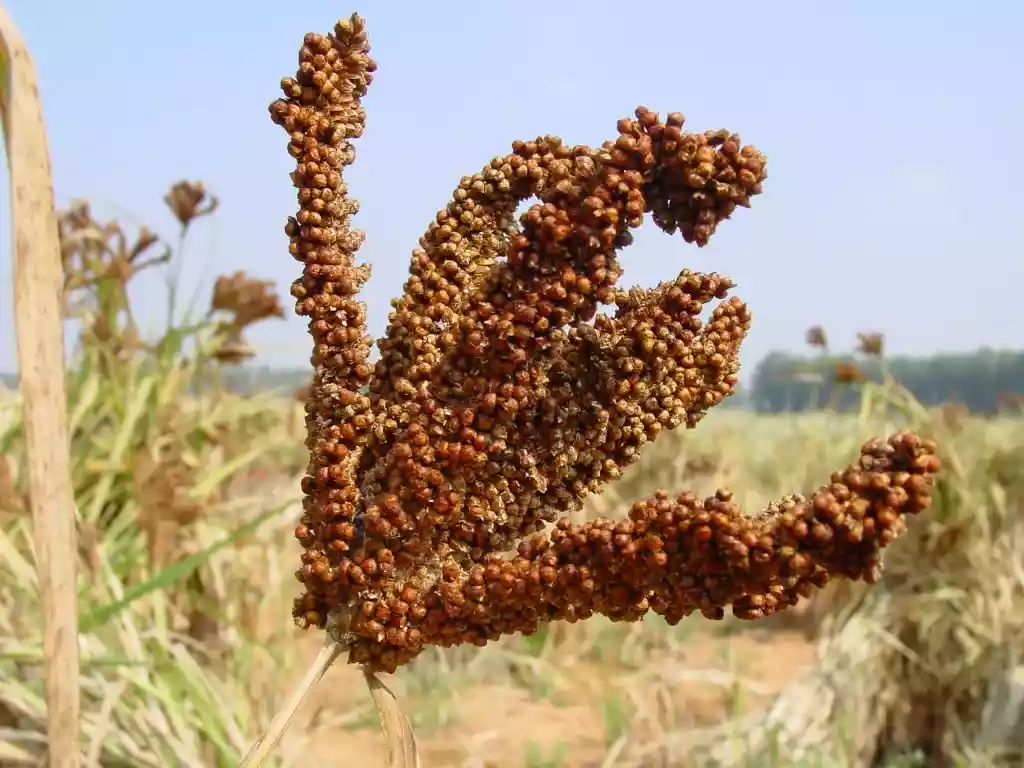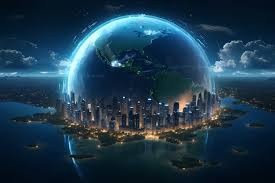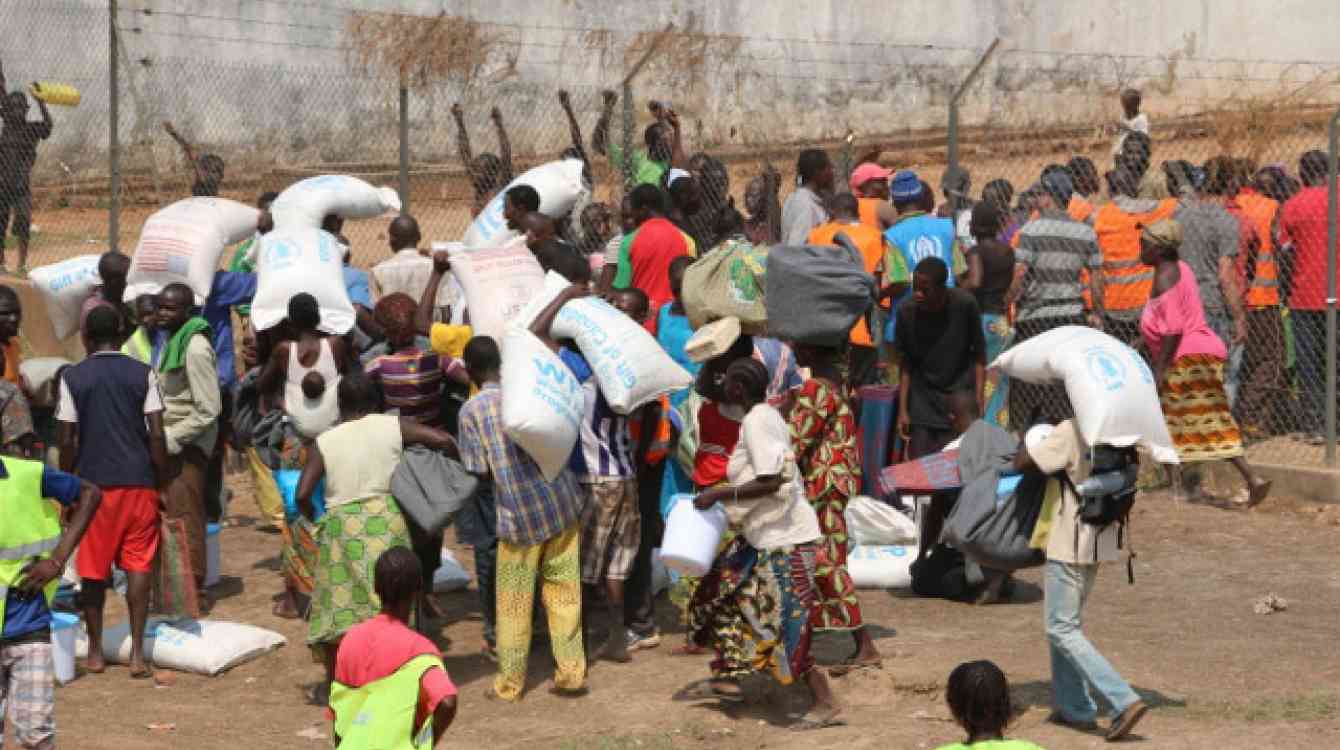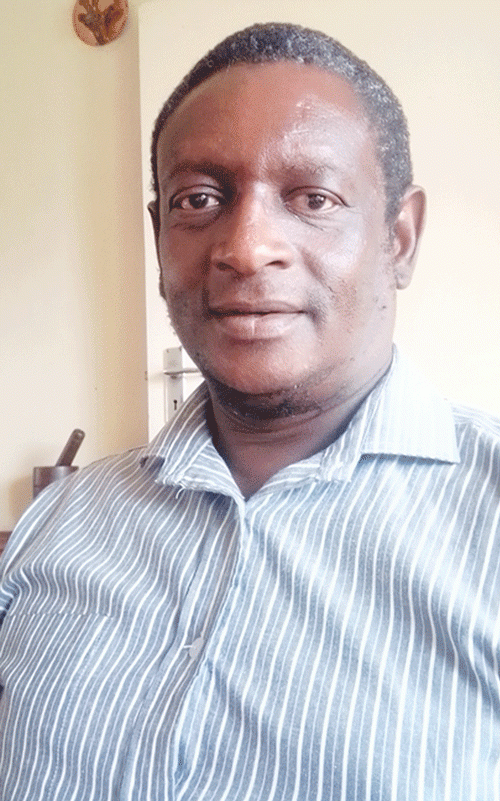
SURVEY results released by pan-African research group, Afrobarometer, on the likely outcome of Zimbabwe’s August 23 elections came as no surprise at all.
They merely reflected what analysts such as myself have been saying for years now. There is simply no political entity in Zimbabwe which gives hope and meets the expectations of the vast majority of the citizenry.
With half the population living in extreme poverty and nearly three-quarters earning below the poverty datum line — one would have expected the people’s disgruntlement and displeasure to be overwhelmingly reflected in their political choices, especially at election time.
Unfortunately, however, that is not the case.
Indeed, it is unsurprising that 65% of the individuals surveyed in the Afrobarometer’s poll responded that they were definitely not happy with the direction the country is heading.
Yet, in the same survey only 27% openly declared that they would vote for the main opposition Citizens Coalition for Change (CCC)’s Nelson Chamisa — if an election was to be held at the time of this poll in April/May this year.
The incumbent, President Emmerson Dambudzo Mnangagwa did not particularly perform impressively either, receiving a measly 35% approval rating.
That is very embarrassing and a huge indictment on both these political players.
- Chamisa party defiant after ban
- Village Rhapsody: How Zimbabwe can improve governance
- News in depth: Partisan police force persecutes opposition, shields Zanu PF rogue elements
- Chamisa chilling death threat bishop defiant
Keep Reading
As much as many Zimbabwe political parties’ diehard supporters may not want to hear me say these unpalatable truths, the fact still remains that none of them inspire much confidence in the ordinary citizenry.
Had I also been surveyed by Afrobarometer, I would have easily been one of those not choosing any of the political players in the country because I honestly do not believe any one of them genuinely have the best interests of the people at heart.
Let us begin with Mnangagwa and Zanu PF.
Are these not the same people who authored the untold suffering and poverty that is currently gripping millions of Zimbabweans?
Incidentally, I am currently editing a thesis of PhD student at a renowned university in Germany which interestingly focuses on how the ruling elite in Zimbabwe has managed to consolidate power for so long, despite the unimaginable poverty afflicting the population.
It is quite clear that, the major reason Zanu PF can still attract the paltry 35% — as reflected in the survey — is that Mnangagwa now survives purely on politics of patronage.
The only reason a person would vote for Mnangagwa is desperation for personal “projects” such as chicken rearing or free agricultural inputs.
Surely, there is no way someone who has been given a piece of agricultural land or a residential stand, or a vending stall at a flea market can dare oppose their benefactor — no matter how much the ruling elite has destroyed the country.
Nevertheless, such people will always be in the minority, since there is no way the political establishment can “buy” millions of Zimbabweans. That is why the Afrobarometer survey only shows 35% support for Mnangagwa.
That 65% was unhappy with the direction the country is headed is ample proof that Mnangagwa and Zanu PF do not qualify to continue leading this country.
The question is: Why then is there no overwhelming support for the opposition, particularly Chamisa and his CCC? Surely, in the midst of so much misery and dissatisfaction, should it not be easy pickings for the opposition?
As I mentioned before, the last time I participated in an election in Zimbabwe was in 2002 — during the presidential plebiscite pitting Zanu PF’s late Robert Gabriel Mugabe and also late Morgan Richard Tsvangirai of the MDC.
The other time was in the 2000 parliamentary elections.
In both cases, I voted for the MDC — which narrowly lost to Zanu PF.
Afterwards, as the opposition’s true colours began to emerge — as they took charge of urban local authorities — it quickly became apparent that they had bitten off more than they could chew and were incapable of governing.
Not only was it abundantly obvious to all, who dared open their eyes, that the opposition exhibited the same dictatorial and power-hungry traits as Zanu PF, including being corrupt and incompetent. These troubling characteristics have, most unfortunately, continued in the CCC — an offshoot of the MDC.
In typical Zanu PF fashion, the opposition has never run out of excuses for its abysmal failure to provide basic services in our towns and cities — with some areas, such as my own Redcliff, going for over a year without tap water.
Yet, there is never a shortage of cash or shady land deals that enable the local authority to procure top-of-the-range motor vehicles for those in office — who are also building mansions for themselves, including in their rural homes.
Anyone who dares question or expose such nefarious activities is immediately branded a “Zanu PF sympathise”’, and a vitriolic onslaught is unleashed upon them.
How different is that from Zanu PF’s propensity for accusing those who criticise the ruling elite’s grand looting of our national resources and gross mismanagement as being “unpatriotic Western- sponsored regime change agents and puppets”?
Zimbabweans are not blind to all these shenanigans and the Afrobarometer survey attests to this fact.
What is undeniable is that come August 23, 2023, the country’s harmonised elections will be characterised by massive voter apathy.
Zimbabweans clearly want Mnangagwa and Zanu PF out — but definitely not at any cost.
The last thing this country needs is to replace a rotten kleptomaniac oppressive regime with another one. Whatever we do next month — vote for Zanu PF, or the opposition, or merely staying at home — will lead to the same unenviable outcome.
We will continue suffering for the foreseeable future irrespective of which party is in power.
I guess, what Zimbabweans have to decide on August 23 is: Under whom do I want to continue suffering”?
- Tendai Ruben Mbofana is a social justice activist, writer, author and speaker. He writes here in his personal capacity.

